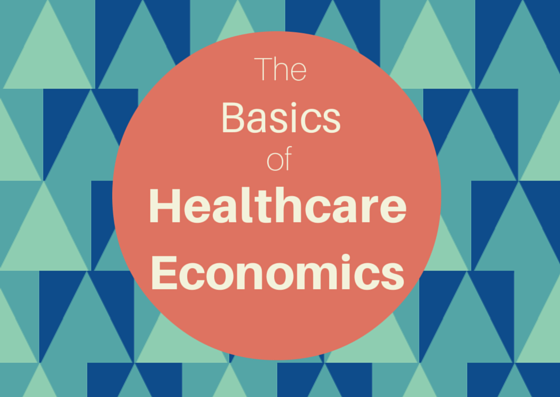Health economics and financing is a topic within the fundamentals of the clinical informatics core content. In particular it falls within the sub-topic of “The Health System”.
As a physician, why should you care about health care economics? You probably understand the basics of economics like supply and deman, so why should health care be different?
In “normal” industries, your profit is what you make after you subtracts costs from your revenues. In health care, your profit is what you make after you subtract costs from your reimbursements. And to throw a few wrenches in it, as a physician you typically do not get to decide costs and you’re dealing with things that are inherently priceless – human lives.
In this post, we’ll briefly review what health care economics is, some basics of economics and why the health care industries doesn’t follow many of the “rules” of economics. We’ll then cover some methods of analyzing health care economics.
What is Health Care Economics?
Health care economics is the application of economic theories, concepts, and technique to the health care sector. Health care economists use theories of scare resources to determine how to make better choices given the resources available.
Let’s review some basic economic terms:
- Resource Scarcity – unlimited wants, limited resources
- Opportunity Cost – in a decision, opportunity cost is the cost of the forgone best alternative
- Efficiency – best use of resources to maximize goods and services production
- Marginal Cost – increase in total cost when a quantity produced increases by a value of “1” unit
- Supply-Demand – nit price settles at a point where demand is equal to supply
However, these terms and theories typically assume that we’re in a perfect market, which of course is a rare occurrence. The health care market is definitely not a perfect system. Some of its imperfections include:
- No perfect information on pricing of services
- Patients “need” health care, they don’t necessarily “demand” it
- Disease cannot be accurately predicted
- Health care generally can’t be substituted for another option
- Most health care costs are incurred towards the end of life
- Individual and population health depend on many factors
- Not everyone can pay even if they receive service
- There isn’t enough funding to cover costs
- Health financing systems are not transparent
- High barriers to entry for financing exist (i.e entering the health insurance market)
- Resources (providers, pharmaceuticals, equipment) are limited
Performing Economic Evaluations
Health care economics must take many of these imperfections into account when analyzing economic data to make decisions, develop financing policies, and plan long-term actions. These economic evaluations in health care help establish the relative costs and impacts of health care events, with the goal to improve population health for the amount of resources available. Some methods of healthcare economic evaluation are:
- Cost Minimization – Compares cost per course of treatment assuming alternative therapies have equivalent effectiveness
- Cost-Benefit – Compares differing costs assuming the same outcome is provided
- Cost Effectiveness – Compares relative costs and outcomes of two or more courses of action. In health care, this is generally preferred due to the issues with placing a monetary value on health effect.
- Cost Utility – Estimates the ratio between the cost of a medical/health activity and the resulting benefit based on the number Quality-Adjusted Life Years (QALYs) – which in the US are valued at about $50,000 per QALY
Due to government regulations, third parties, uncertainty, barriers to entry, externalities, and asymmetric information, healthcare economics varies from other economic fields. Costs, charges, expenditures, knowledge gaps between doctors and patients, infectious diseases, and third party decision makers such as insurance companies who determine when a lab can be ordered or a surgery scheduled all impact the economics of our healthcare system.
As you already know, this is a wild time in the health care industry as we transition from fee-for-service to a value-based system, coupled with regulations and requirements that must be met. Healthcare economics is just one tool in our toolbox that we can use to analyze how these events may affect us.
If you’re further interested in this topic, here’s an interesting article from Forbes “Are the Economics of Healthcare Getting You Sick?“
